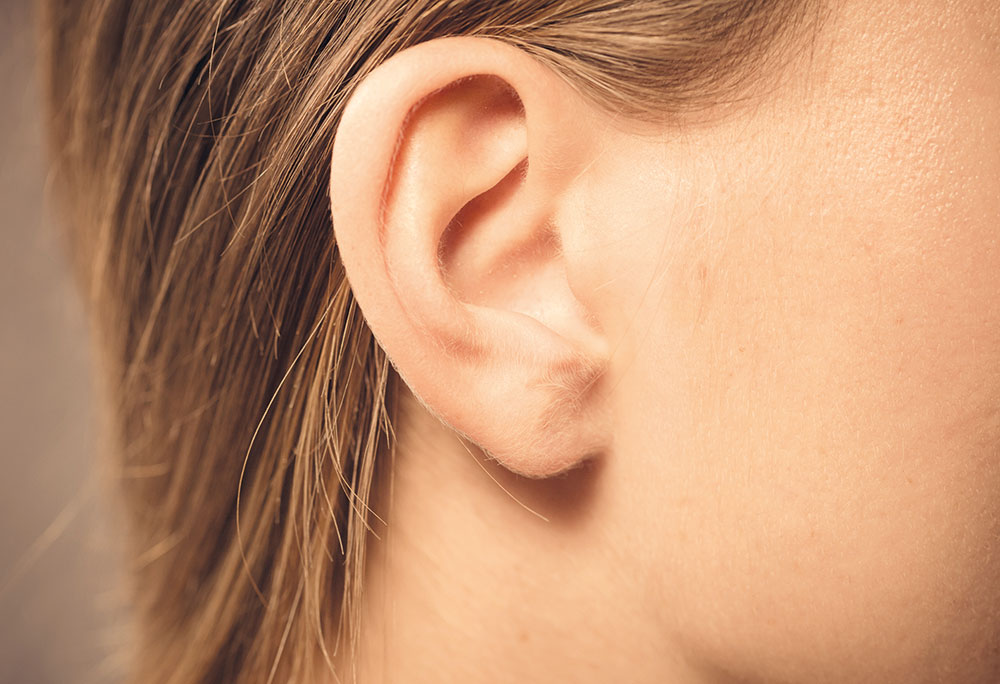Vitamin B12 is one of the most important healthy vitamins for the body, and its deficiency leads to serious health complications if left untreated, so detecting symptoms of the condition early is very important, and vitamin B12 deficiency leads to many health problems, including pregnancy complications and nervous system disorders.
These problems can occur when vitamin B12 deficiency causes the body to produce abnormally large red blood cells that cannot function properly. It is known that red blood cells are responsible for carrying oxygen throughout the body using a substance known as hemoglobin.
And with fewer red blood cells or abnormally low amounts of hemoglobin, different areas of the body can be affected negatively. And one of these areas is the ears. According to Russia Today, ringing in the ears can be a sign of vitamin B12 deficiency.
Ringing in the ears can sound like humming, hissing, palpitations, music or singing. But it is important to note that tinnitus is not always a sign of a vitamin B12 deficiency, and the British National Health Service says: “It is not usually a sign of any serious conditions and generally improves over time.”
Tinnitus may also be linked to:
1- A form of hearing loss.
2- Meniere’s disease (a disorder of the inner ear that can lead to dizzy spells and hearing loss).
3- Thyroid disorders or multiple sclerosis.
4- Anxiety or depression.
5- Taking some medications.
What Causes Vitamin B12 Deficiency?
Vitamin B12 deficiency can be caused by conditions such as pernicious anemia, which is an autoimmune condition that affects the stomach. An autoimmune condition means that the immune system, the body’s natural defense system that protects against disease and infection, attacks healthy cells in the body.
Some people may develop a vitamin B12 deficiency as a result of not getting enough of this vitamin from their diet, and the British Health Services explains: “A diet that includes meat, fish and dairy products usually provides enough vitamin B12, but people who do not eat this “Foods regularly, such as those who follow a vegetarian diet, or who follow a very poor diet, can develop a vitamin deficiency.”
Treating vitamin B12 deficiency
The treatment for the condition depends on its cause, but it is usually treated with vitamin B12 injections.
And if the condition is caused by a lack of the vitamin in your diet, then vitamin B12 tablets may be prescribed to take daily between meals.
And if you are a vegetarian and are looking for alternatives to the vitamin, there are foods that contain it, such as yeast extract, some fortified breakfast cereals and soy products.
 –
– –

:quality(80)/cdn-kiosk-api.telegraaf.nl/fa1502ac-fd75-11ea-ac6e-0218eaf05005.jpg)
